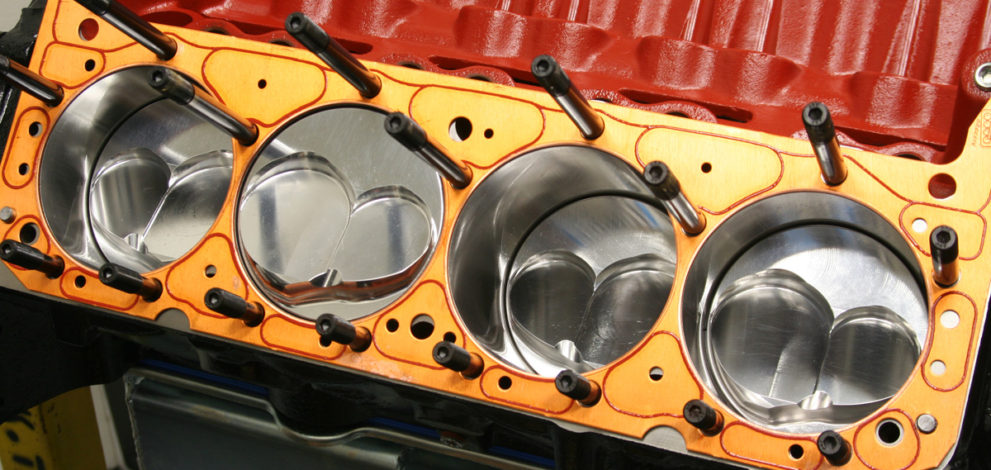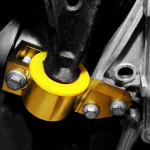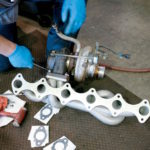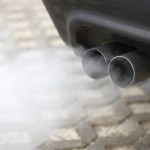If you're sealing up your new high compression race engine or just looking to replace your damaged or blow head gaskets, you have some decisions to make.
And you have a lot of options when it comes to choosing the gasket material. But don't feel overwhelmed, because we've put together a short list to help you understand the differences and make up your mind!
Carbon
Carbon gaskets are amazing at sealing flange surfaces. Carbon is immune to extremely high temperatures, even over extended periods of time. And this makes them ideal for nitrous, turbo, and blower applications.
Composite
Composite gaskets are easy to trim for a perfect on your modded parts. Composite is immune to chemicals like coolant, gas, alcohol, and even oil. This makes it almost impossible for these gaskets to shrink, squeeze, split, or crack. And composite is able to increase torque retention while enduring a high-vacuum environment.
Copper
Copper gaskets are extremely durable which makes them perfect for high performance engines. Copper transfers heat evenly throughout the entire gasket, and this reduces the effects of warping. Copper is also good at conforming to rougher, damaged surfaces for a complete seal. You can even find copper gaskets with embossed edges which guarantee the tightest seal and protection from blowouts.
Cork
Cork gaskets are very compressible, and this creates a tight seal without the need to retorque. Cork can endure high-vacuum conditions, and extremely high temperatures without making compromises with compression.
Dead-Soft Aluminum
Dead-soft aluminum gaskets are extremely pliable and will give you a super tight seal on rougher, damaged or warped surfaces. This materials is made up from several solid layers of aluminum to minimize the risk of blowout and burnout. And and these gaskets are re-usable!
Fiber
Fiber gaskets are known for their exceptional tensile strength and the best resistance to blowout. Fiber is also resistant to corrosion which makes them ideal for racing gas and alcohol fuel. And you won't have to retorque them!
Graphite
Graphite gaskets are great at dissipating heat to eliminate the risk of gasket burnout. Graphite is very compressible and will endure the highest temperatures without becoming brittle. And this material will allow your gasket to move without being damaged.
Rubber
Rubber gaskets are very flexible which makes them super easy to install. They can withstand high temperatures, and the 1-piece rigid designs offer improved durability and zero leak paths. Rubber is ideal for sealing imperfections for a complete leak-free seal which is resistant to blowout. Rubber gaskets are perfect for high-pressure applications.
Steel / Multi-Layered Steel (MLS)
Steel and multi-layered steel gaskets are constructed for high compression ratios, high operating temps, and special cam timing. This makes them the go-to choice for supercharged, turbocharged, or nitrous oxide engines. The steel material and unique gasket design design eliminate the risk of gasket distortion under extreme engine conditions. And if you get gaskets with a steel core you'll enjoy added durability and resistance to blowouts.
Still can't decide which gasket material will work best with your application? Drop us a comment below and we'll help you figure it out!








